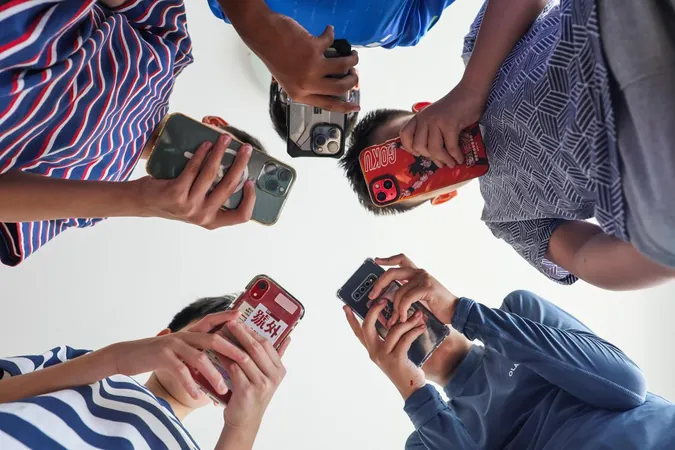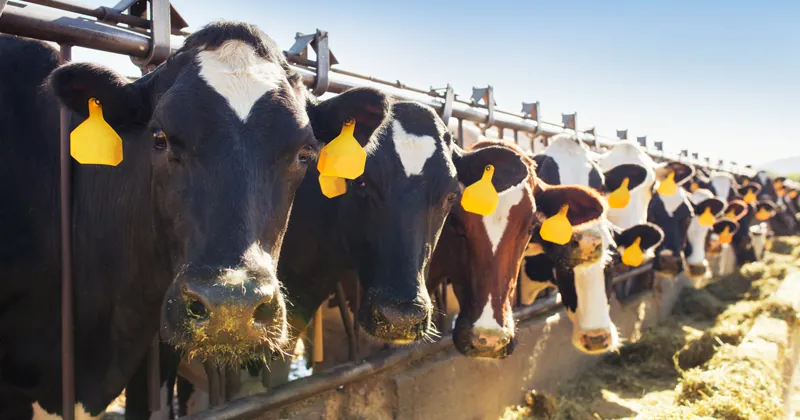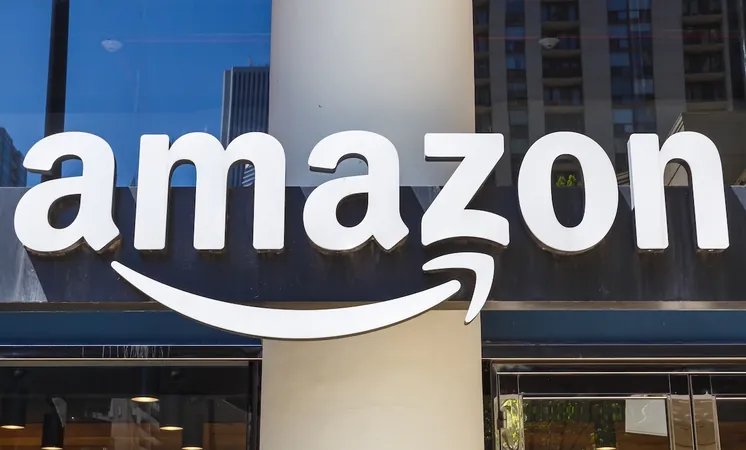
Groundbreaking Changes Coming to App Stores in Singapore: Protecting Kids Online!
2025-01-15
Author: Nur
Groundbreaking Changes Coming to App Stores in Singapore: Protecting Kids Online!
SINGAPORE - In a historic move, Singapore has announced that starting March 31, app stores will implement strict regulations to prevent young users under 18 from downloading age-inappropriate apps, including popular platforms like Tinder and high-octane video games such as Grand Theft Auto.
The new measures, part of the Code of Practice for Online Safety for App Distribution Services, also mandate that children under 12 refrain from accessing apps like Instagram and TikTok, which are designated for users aged 12 and older. The Infocomm Media Development Authority (IMDA) emphasized the need for these regulations by recognizing the surge in mobile device ownership among children, which raises significant concerns about their exposure to harmful content.
All major app distribution platforms, including the Apple App Store, Google Play Store, Huawei AppGallery, Microsoft Store, and Samsung Galaxy Store, must now verify the ages of users prior to allowing downloads. This “age assurance” process is critical to minimizing children’s access to content that may not be suitable for their development stage.
Alongside restricting access, app stores will also be responsible for reviewing app content and updates to ensure that any potentially harmful material, including violent, sexual, or cyberbullying-related content is effectively barred from youth users.
To implement these age verification measures effectively, the IMDA has suggested the use of advanced technologies like artificial intelligence, machine learning, or even facial recognition tools. Technologies already in place, like those used by Instagram and French social networking site Yubo, have begun to leverage real-time facial scanning through third-party companies like Yoti to determine user ages.
In situations where app stores lack these verification measures, they must present a formal proposal to the IMDA detailing their plans for establishing such protocols. The stakes are high; failure to comply could lead to repercussions, including being blocked from operating in Singapore under the Broadcasting Act.
The real challenge lies in how well these measures will be executed. For instance, while Netflix is rated for ages 12 and above on the Google Play Store, it often features content meant for mature audiences, raising questions about how effectively these age-restriction measures can be enforced across apps with varying content ratings.
As part of these new obligations, app stores will also need to establish easy-to-navigate channels for users to report apps that contain harmful material. Responsible steps must be taken to address these reports promptly, ensuring that pressing concerns regarding child safety are adequately dealt with. Swift action will be expected, especially against content related to child exploitation and acts of terrorism.
Digital Development and Information Minister Josephine Teo recently spoke about the necessity of these regulations on her LinkedIn, sharing a poignant moment with a mother of three, highlighting the importance of educating families about the risks associated with mobile device usage.
Teo reiterated, “While there is no silver bullet that will address all the complexities of online safety, Singapore remains committed to fortifying our defenses against evolving online harms.” This new code will complement a series of measures already underway aimed at enhancing the overall online safety of children.
Globally, there is a robust movement towards stronger online protections for minors. Countries are looking to Australia, which is on the verge of implementing a groundbreaking law prohibiting children under 16 from accessing social media, and Singapore is actively seeking insights from other nations and tech platforms regarding their effective enforcement strategies.
As societies grapple with the balance of internet freedom and child safety, the expectations for app stores are set to evolve drastically. With the deadline looming, all eyes will be on Singapore to see how these groundbreaking regulations will shape the way children interact with technology and digital content in the future.


 Brasil (PT)
Brasil (PT)
 Canada (EN)
Canada (EN)
 Chile (ES)
Chile (ES)
 Česko (CS)
Česko (CS)
 대한민국 (KO)
대한민국 (KO)
 España (ES)
España (ES)
 France (FR)
France (FR)
 Hong Kong (EN)
Hong Kong (EN)
 Italia (IT)
Italia (IT)
 日本 (JA)
日本 (JA)
 Magyarország (HU)
Magyarország (HU)
 Norge (NO)
Norge (NO)
 Polska (PL)
Polska (PL)
 Schweiz (DE)
Schweiz (DE)
 Singapore (EN)
Singapore (EN)
 Sverige (SV)
Sverige (SV)
 Suomi (FI)
Suomi (FI)
 Türkiye (TR)
Türkiye (TR)